Nearly 200 teachers from Ukraine to find vacation jobs in Warsaw schools
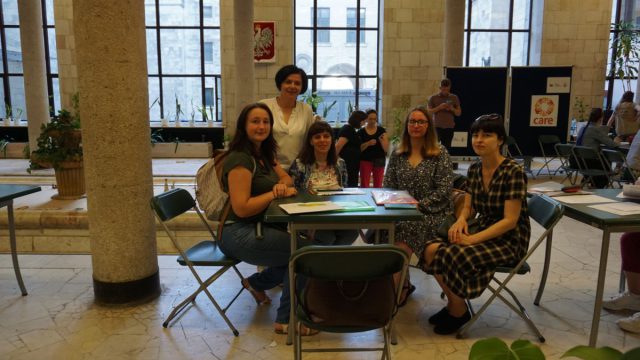
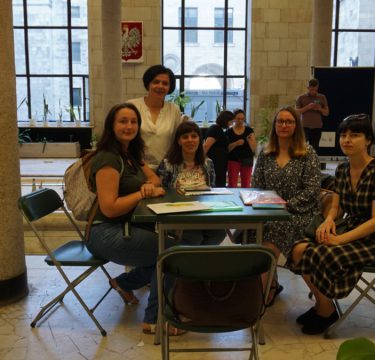
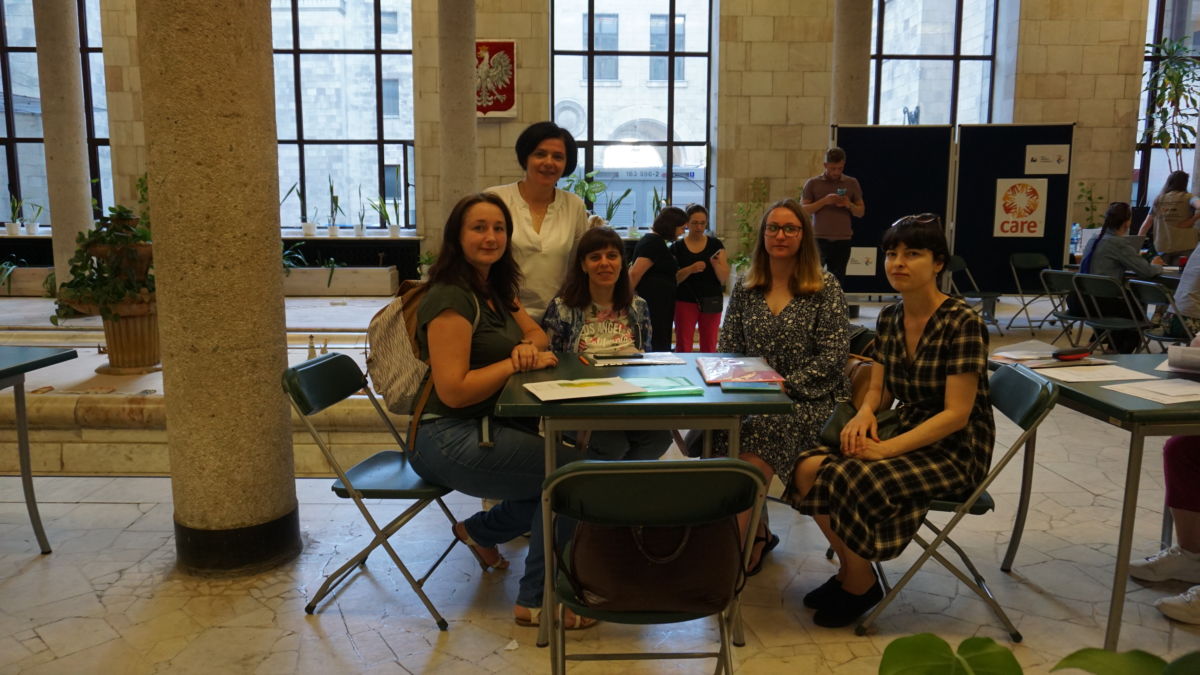
In April, thanks to the funding of the American CARE organization and an agreement between the City of Warsaw and the Polish Center for International Aid Foundation, 200 Ukrainian teachers found jobs in Warsaw educational institutions. With the end of the school year, employment came under threat. All parties previously involved in their employment came out to meet the threat, offering positions to work with students over the summer.
Teachers benefiting from the PCPM Foundation’s “Cash for Work” program talked about their experience working in Polish schools and how Ukrainian children, their parents, and themselves are finding their way into the refugee reality in Poland.
Natalia, an English teacher, says that Ukrainian children in Poland first after coming to Poland found each other well, they treated it like an adventure, but now she finds that children miss their homeland. “At first the children saw everything in rosy colors, then reality caught up with them. They started to miss home, their friends, their family, everything,” – said the teacher. “They thought this trip to Poland would be brief, three weeks, maybe a month and then we’d come home. Then the second, third month passed, and they still cannot come back,” she added.
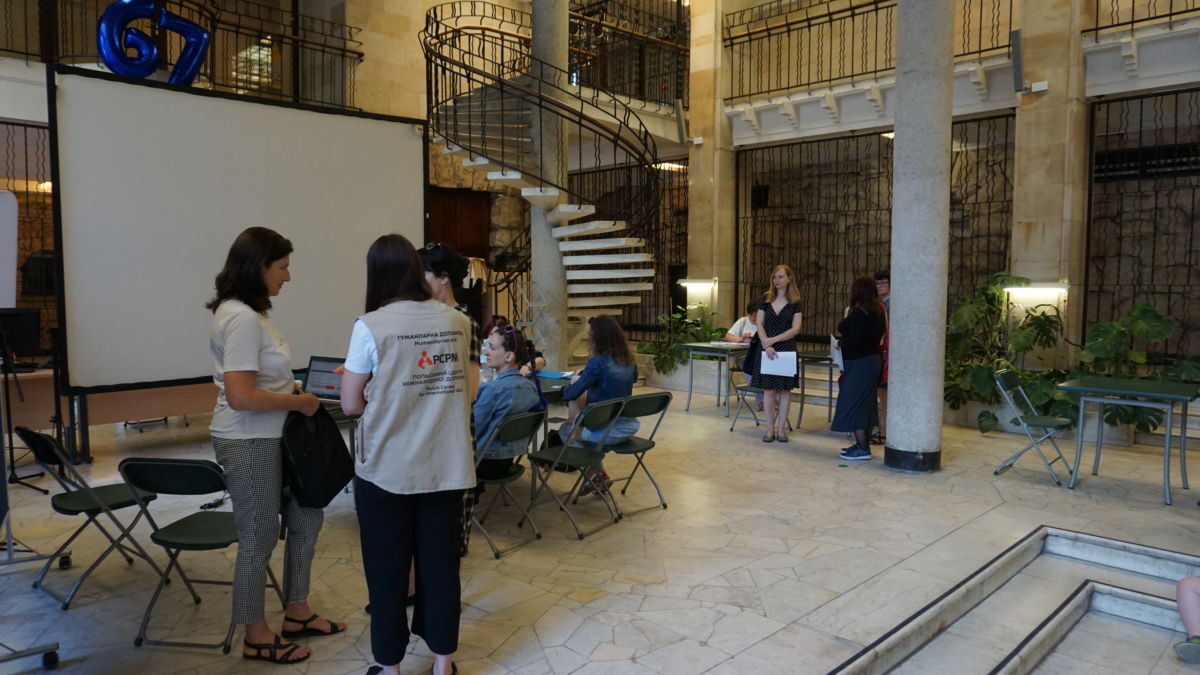
The Polish government and the office of the United Nations High Commissioner for Refugees (UNHCR) report that more than 180,000 Ukrainian children enrolled in Polish schools and preschools. Yulia, a teacher, spoke about the importance of hiring Ukrainian teaching assistants in Polish educational institutions. “I will say based on my experience. My son, earlier, when there were not so many children from Ukraine in schools, for three weeks cried at home and denied wanting to go to kindergarten. He explained that he does not understand what other children are saying and because of that he cannot play with them. – said the kindergarten teacher’s assistant. “When more Ukrainian children came to the kindergarten, I saw how happy these children were that finally there was someone there who understood what they were saying” – she continued. Julia notes that children have a good influence on themselves. “When a child sees that there are their peers from Ukraine in the classroom, that there are more people who have experienced things like them, it makes such a difference and makes the little ones feel better. For them, you must be like a psychologist first, to listen and understand them, only then an educator can teach them something.” – she said.
Halina, a Ukrainian teacher, notes that parents often unnecessarily tell their children not to worry because they will be back home in a week. Later, a week passes, and the children come sad because they already thought they were coming home, and nothing has changed in Ukraine, the war continues. “This causes unnecessary uncertainty and instability in children.” – she concluded.
Sometimes the source of anxiety for Ukrainian students in Polish schools is ruled that are different than in Ukraine – school psychologist Oksana pointed out. This is, for example, the issue of using smartphones and tablets, she noted. “We have a boy, who we must constantly remind not to use the phone during lessons. That we do not allow in Poland, these are the rules here,” she recounted.
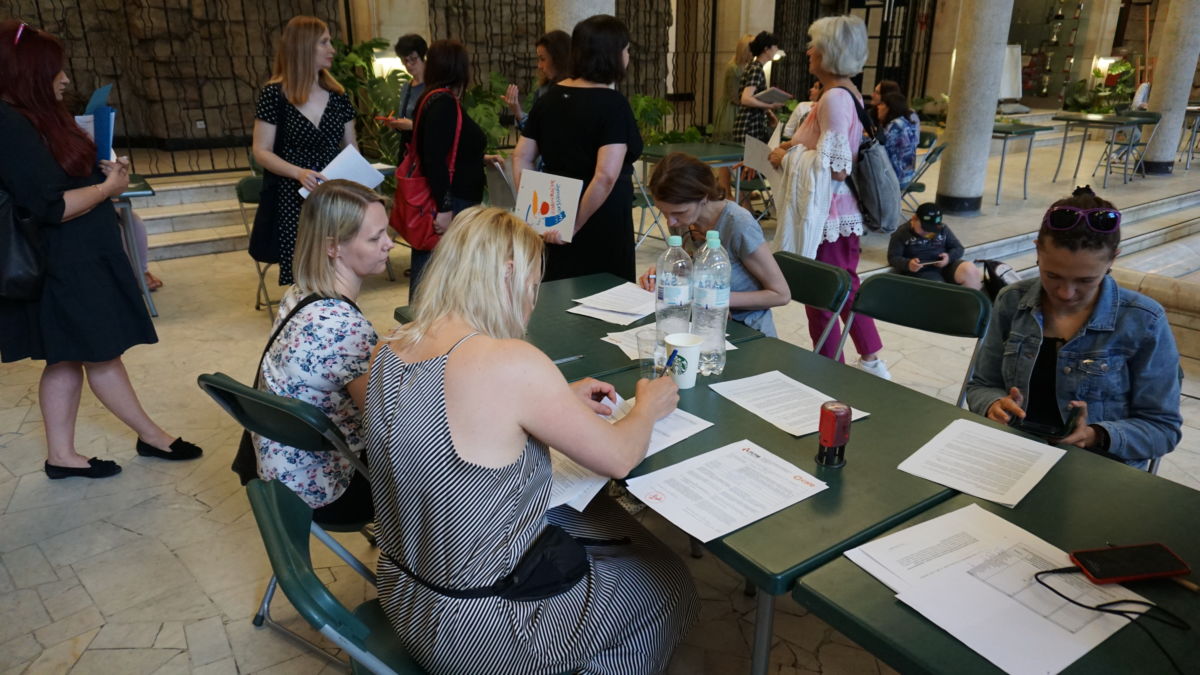
As the teachers note, the differences in Polish schools also apply to themselves. ‘When it comes to administration, schools here (in Poland) are more friendly’ – assessed Natalia, an English teacher. ‘We also work better in class, because here children do not use their phones all the time during lessons, they are not so distracted’ – she said.
When asked at the end of the interview what else they would like to share, the teachers said, ‘First of all, thank you for your work!’ It gives us a lot. Of course, earnings, but when I go to work, I do not think about the war, about home, about myself, about Ukraine. I have my head occupied with something else, work, students, etc. We think first about the children there, about what to do for them, to make them feel better in this situation. We live on their problems, not our own,” Halina said. “When I finish work, I don’t want to go home at all, because there I think about Ukraine. I immediately want to check my phone for information, and reports from my homeland. At work I do not have such thoughts, so sometimes I am even afraid to go home.” – she laughed. “It is especially important for a person to be needed. This job gives you that opportunity, it makes you important. The worst thing is when you do not have any responsibilities, you are not in a hurry anywhere and nobody is waiting for you – she concluded.